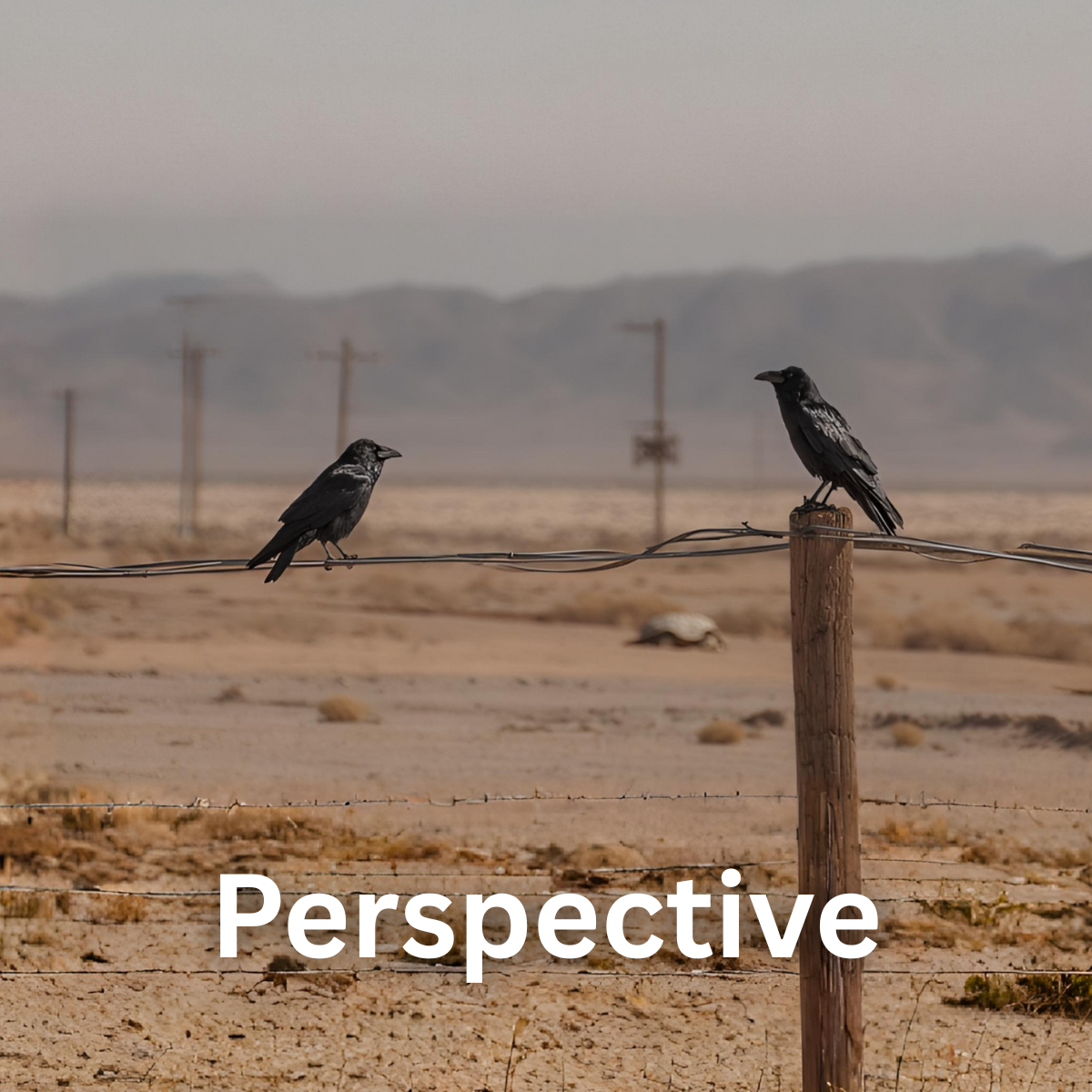Sirocco hatched under a sky that never had the patience to hold a cloud. The old ones in the burrow said he was a restless spark. They said this with warmth in their voices, the way elders do when they see a trait that could become a gift or a danger; a flicker that could turn to light or flame.
He learned the posture of stillness, the way a desert tortoise should. He learned to tuck in when the shadow of a hawk slid over the sand. He learned to sip water as if it were a secret. He learned, and he moved, and in the moving he learned something else. His feet knew the ground like a song. He could cross an arroyo before most could form the thought. Prickly pear, apricot mallow, a sprig of brittlebush bloom; he could reach them, pluck them, and be gone before the air remembered he had passed. The jackrabbits joked that the wind was chasing him and losing.
Speed is not just movement. It is also attention. Sirocco learned the faces of the ravens, the coyotes, the snakes that did not warn. He knew the scent of tire rubber and the gleam of far metal that meant trouble. He learned the paths that held moisture and the ones that held memory. He ran errands for his mother and aunties. He ferried news from burrow to burrow. He turned his gift to service, and because he did, it became something more than a trick; it became a vow.
Fame drifted through the wash with the bits of cottonwood fluff. They called him Sirocco because he ran like heated air over sand, quick, decisive, sure. The name embarrassed him; he preferred the quiet acknowledgment of a nod when a cousin found shade because he had fetched the warning to move. He measured his worth by the small thank you that followed a task done right; by the calm that followed a swift action.
One evening, heat still rising from the ground, a trembling carried through the burrows like a low drum. The spadefoot toads went silent. The beetles paused. The elders blinked at one another, and Sirocco held still in the center of that hush. Then a young cousin slid in, dust across her shell, eyes wide. Flood.
It was the kind that does not ask permission. A wall of water had formed beyond the railroad berm, where the monsoon had struck. If the berm breached, the wash would turn to a river. Two small ones were still foraging in the low. They would not make it on their own. Someone had to reach them, guide them to higher ground through the maze of cholla and stone, across open sand that would soon be a river.
The elders looked around the circle. That silence again. The choice had already been made inside Sirocco before it reached his mind. He said that he would go. He went.
He went with the clarity that comes when direction meets purpose. He did not waste a thought on whether he was fast. He measured only by whether he was on line, whether the ground beneath him agreed with the path he traced in his head. He moved under the sky that still carried the scent of distant rain. He stepped between needles and shards. He cut across a flat where the sun painted everything the color of old coins.
Sirocco found the small ones at last, heads buried in a sweet patch of globe mallow. They looked up to him with the trust of those who have never been failed. He did not lecture. He did not rush them with fear. He pointed with his whole body, a line drawn toward safety, and said to follow. Then he set the pace that would not break them, fast enough to beat the water, careful enough to keep their feet sure.
The first roar reached them when they were already halfway up the rise. The berm groaned and the wash below came alive. The sound is something you feel in your legs before you hear it. The desert turned to a moving mirror. Sirocco adjusted the line, guided around a deadfall, nudged one, then the other, with the side of his shell when they hesitated at the lip of a rock. He did not think about the flood behind them. He thought about the next three steps and the way the ground tilted.
They reached the shelf just as the first fingers of water pulled at the stones on the flat. The three of them stood there breathing, the small ones trembling a little as their hearts realized what their bodies had already done. Sirocco looked out over the new river, and for a moment the world was only sound and light and the steady afterbeat of effort in his chest.
Back at the burrows, the elders would tell the story in quiet tones. They would leave out the part where fear tried to speak and Sirocco chose the next step instead. He would sleep later, and when he woke he would run another errand. He would carry a sprig of news. He would ferry hope from one shaded mouth to another. Not because he wanted to be known, but because the work had to be done, and he had been given the legs and the focus to do it.
Later that night, under a fading band of violet, two ravens settled on a telephone pole. They peered down at the desert floor where Sirocco moved away, steady now, off to check the edge of the wash and make sure no one had been left behind.
Do you see that tortoise, said the first, the one going somewhere?
I do, said the second, the slow one on some lazy errand no doubt.
Strange, said the first, and they both watched him until he became another shape among the rocks, and the quiet grew large around them.




